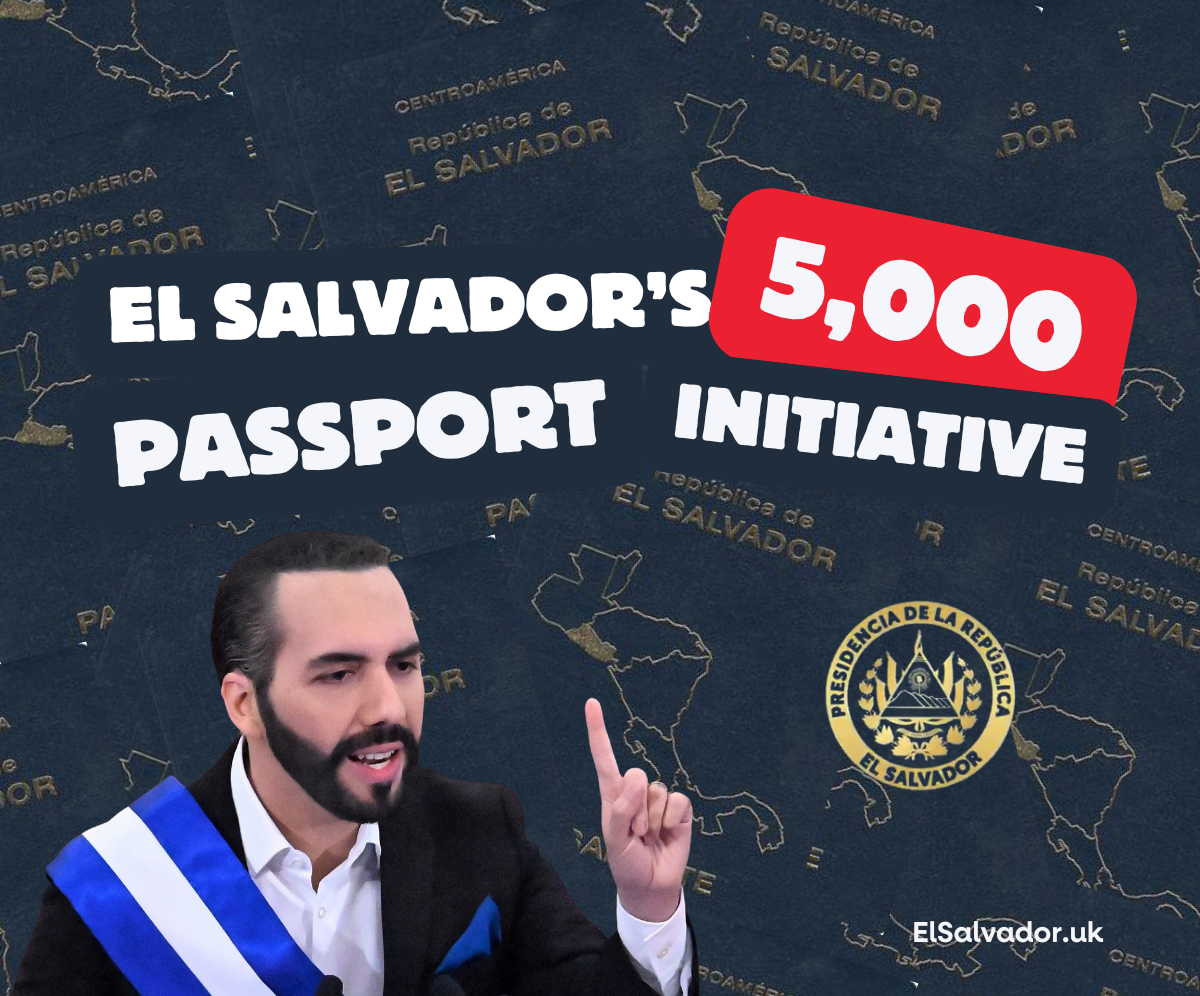El Salvador’s President Nayib Bukele announced a bold initiative to offer 5,000 passports to highly skilled workers from around the globe. As nations grapple with talent shortages, El Salvador’s move could redefine its economic landscape.
But what does this mean for the country and aspiring applicants?
- Scientists
- Engineers
- Doctors
- Artists
- Philosophers
Overview of the Passport Initiative
The initiative’s goal is to issue 5,000 passports to talented individuals worldwide, focusing on sectors like science, engineering, medicine, and the arts. The drive is part of President Bukele’s vision to transform El Salvador into a hub of innovation and prosperity by enticing top-tier professionals to relocate and work in the nation.
Objectives of the Initiative
At the heart of this effort is the ambition to attract skilled professionals capable of invigorating El Salvador’s economy. By offering these passports, the government hopes to fill gaps in key areas and spark growth in emerging industries. Enhancing educational opportunities and fostering an environment of creativity are cornerstones of the program, aimed at rooting the nation as a beacon of opportunity in Central America.
Eligibility Criteria for Applicants
Fields of Expertise
The fields targeted are diverse, encompassing scientists, engineers, doctors, and artists. These sectors have been identified for their potential to drive change and spearhead economic development. If you’re an expert in one of these areas, El Salvador may be ready to welcome you with open arms.
Application Process
Applying for the passport involves a streamlined procedure, although some documentation is needed. Candidates must provide proof of expertise, a comprehensive resume, and a letter of intent explaining how they plan to contribute to El Salvador’s growth. The process emphasizes simplicity to ensure that deserving candidates can swiftly make El Salvador their new home.

Attracting Talent
By luring world-class talent, El Salvador could resolve critical labor shortages. This influx of professionals is also likely to stimulate local industries, fostering innovation and enhancing the nation’s competitive edge on a global scale. The positive ripple effects on the economy could be profound, elevating living standards for many Salvadorians.
Cultural Exchange and Growth
\Beyond economics, this initiative promotes cultural exchange, presenting an opportunity for El Salvador to emerge as a cultural melting pot. As different ideas and perspectives converge, society stands to benefit from enriched dialogues and understanding. This cultural tapestry could form the backbone of a more vibrant and inclusive El Salvador.
Criticism and Challenges
Public Perception
Any initiative of this scale faces scrutiny. Concerns over potential resource strain and the fairness of selection processes have been raised, challenging the project’s feasibility. Critics argue that the focus should remain on addressing internal issues like healthcare and education before seeking external talent. Yet, many see the initiative as a necessary step towards modernization.
In summary, El Salvador’s 5,000 passport initiative is both forward-thinking and ambitious, poised to redefine the nation’s future. By targeting specialized professionals, this initiative seeks to bolster the economy while fostering a richer cultural landscape. Although facing hurdles, the program symbolizes a bold leap towards shaping a prosperous and innovative El Salvador.
